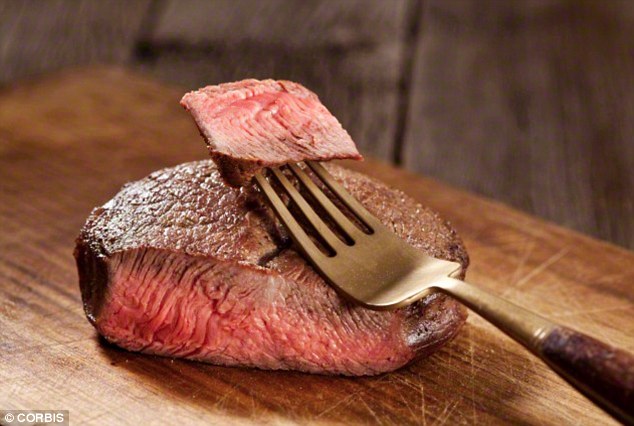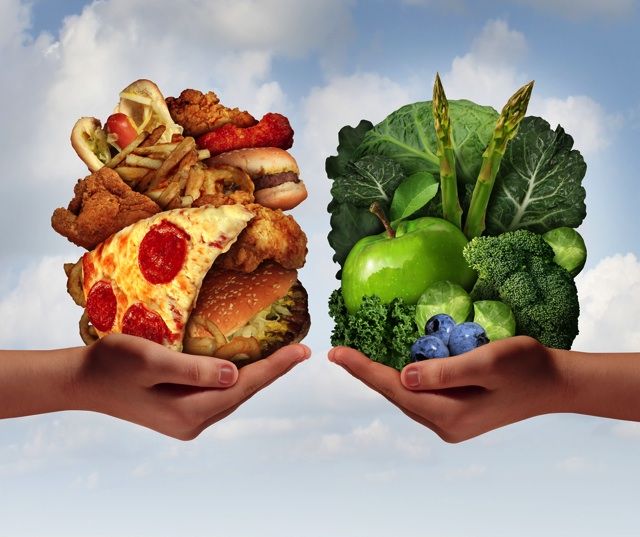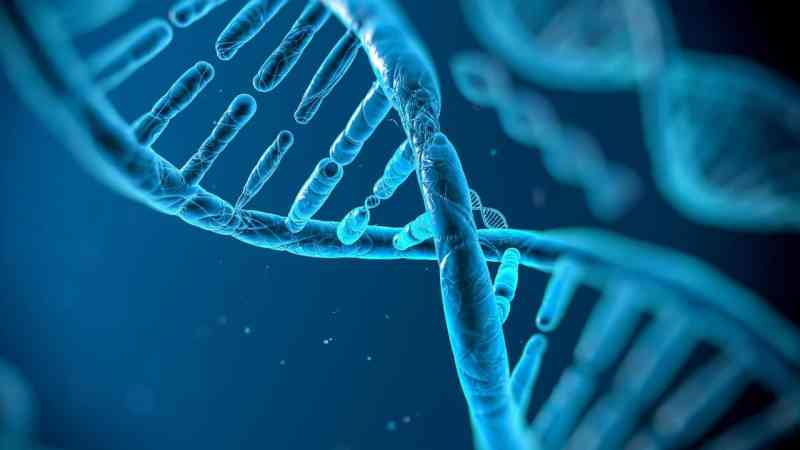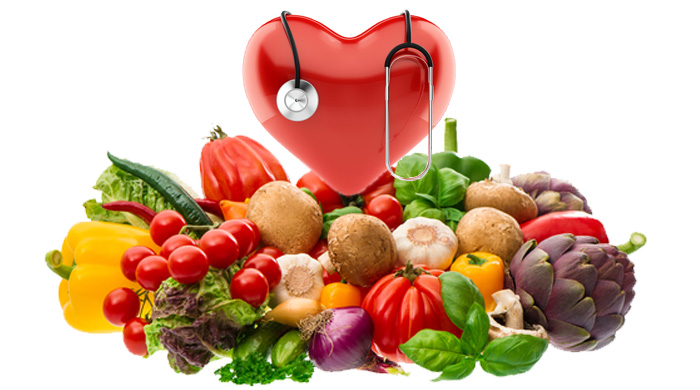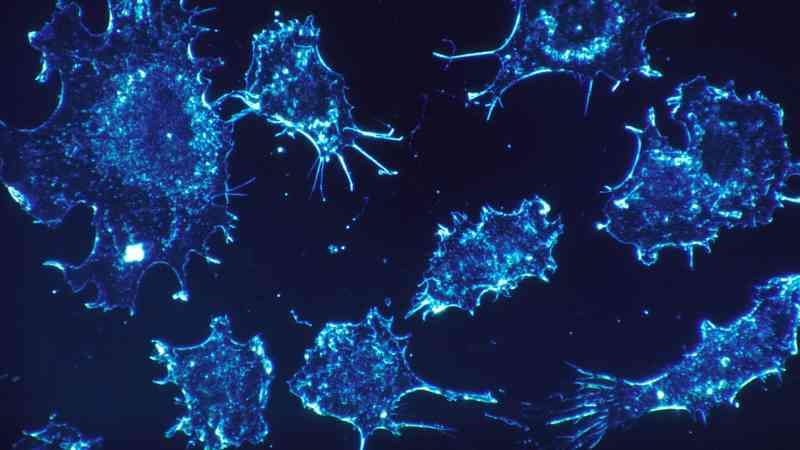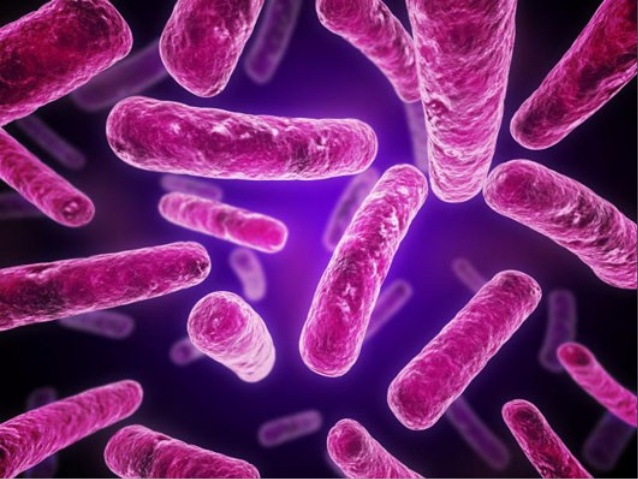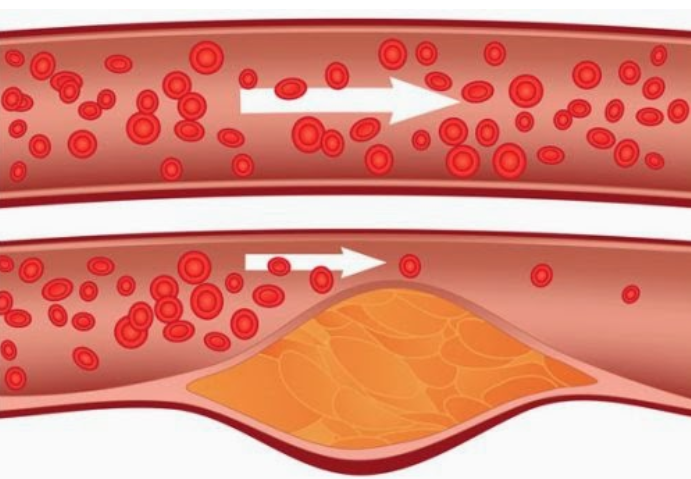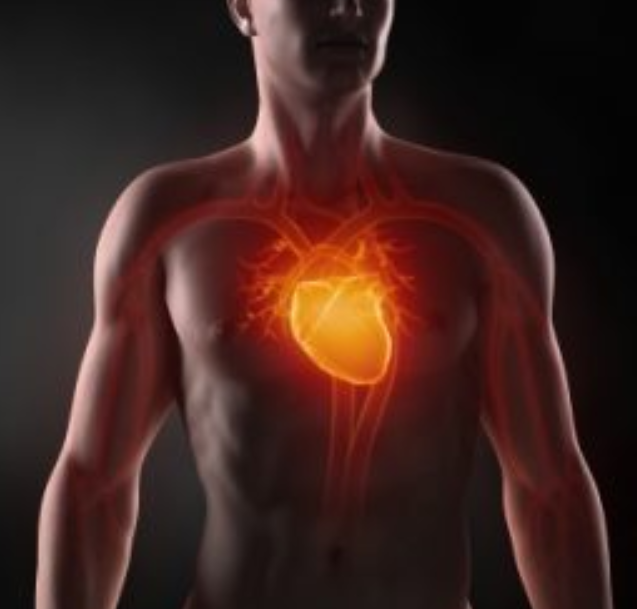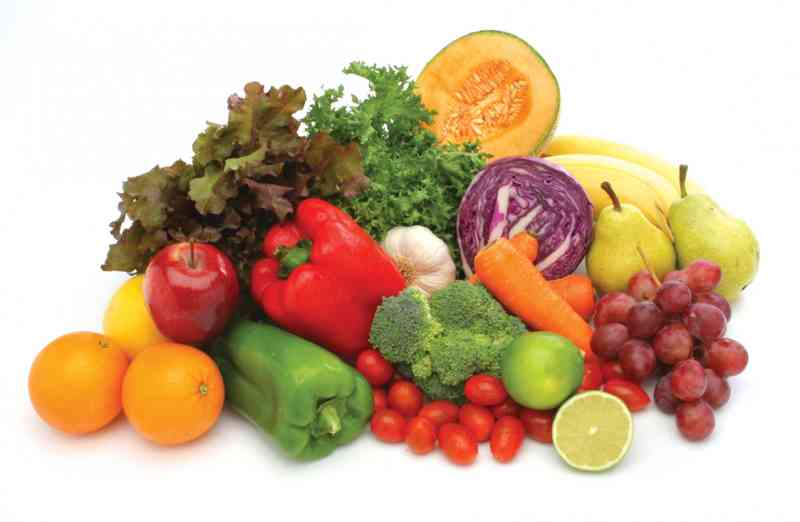Eating meat benefits your body in many ways but it harms you in even more ways! There are a lot of health benefits for people who stop consuming meat altogether.
The longer they do it the more they start noticing positive changes in their body. In case, you’re not convinced, here are 7 things that happen to your body when you stop eating meat.
1. Not eating meat has a huge impact on the health of our planet and its inhabitants. It has been reported that animal agriculture is destructive to the planet since it disrupts the ecological chains. So by not eating meat, you help the environment, which in turn will help you.
2. Many people eat meat as a protein source. But meat contains an extremely high level of protein which damages your health after getting converted into wastes.
As compared to that, the proteins found in plants, such as beans, is extremely healthful for you and can protect you from chronic diseases.
3. According to Forks Over Knives, nearly 38% of Americans have prediabetes. They also noted that meat-eaters have double the rate of diabetes as compared to vegans. Animal protein, especially the red meat, is found to increase the risk of type 2 diabetes.
4. By not eating meat, the functionality of your genes also gets changed. According to Forks Over Knives, scientists have discovered that lifestyle and environmental factors can turn genes on and off.
By consuming a plant-based diet, the expression of cancer genes decreases specifically for those who have prostate cancer.
5. The microorganisms residing in our bodies are important for our overall health. These microorganisms not only help in the digestion of food but they also turn our genes on and off, train our immune systems, produce critical nutrients, and protect us from cancer.
By eating meat, you also ruin the optimum conditions required by your microorganisms and hence create a higher risk for cancer.
On the other hand, the fiber present in vegetables and fruits helps the growth of “good” bacteria in your guts.
6. High blood cholesterol is a major cause of heart disease and strokes. The saturated fat that is primarily found in meat increases our cholesterol levels.
So, when you stop eating meat, your cholesterol level remains within normal limits. According to Forks Over Knives, when people eat a plant-based diet, their blood cholesterol levels drop by up to 35%.
7. If you are a meat eater, chances are you have high levels of inflammation. Although short-term inflammation is normal as well as necessary for your health, the inflammation that lasts for months or years is extremely harmful.
Plant-based diets are naturally anti-inflammatory, being high in fiber and other phytonutrients. So, you can dramatically lower the inflammation in your body by cutting down meat and eating more vegetables and fruits.
Learn more details through this video:
Video Credit: Natural Ways
“Recommended Video – Meet The Man Who Eats Close To Fifteen Hundred Burgers A Year”




